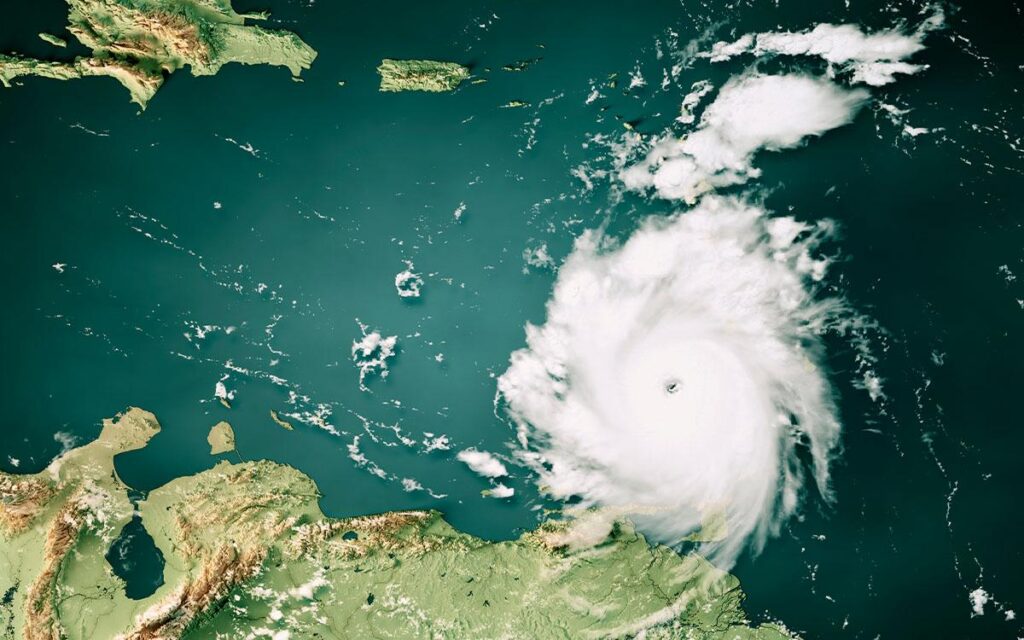The right-wing ideologues behind Project 2025 view government-funded science differently. Project 2025, a document by the Heritage Foundation, calls NOAA a “colossal operation” and suggests dismantling it, with its functions either eliminated, transferred, privatized, or controlled by states and territories.
Much of the media attention on this proposal has focused on its impact on weather forecasting. Researchers like Lindholm warn that its effects would extend across various earth sciences.
NOAA, founded in 1970 under President Richard Nixon, is divided into six sub-agencies, including the National Weather Service (NWS) and the National Marine Fisheries Service (NMFS). These bureaus provide data crucial to daily life and environmental safety.
“Literally every single person in the US relies on NOAA every single day,” says Jeff Watters, vice president of external affairs for the Ocean Conservancy.
Project 2025 proposes changes to all six sub-agencies, including dissolving the Office of Marine and Aviation Operations and downsizing others, shifting responsibilities to different departments or private companies. The blueprint also suggests selling National Weather Service data to private firms and ensuring that the National Environmental Satellite, Data, and Information Service presents data neutrally.
Rick Thoman, a climate specialist at the University of Alaska, Fairbanks, acknowledges NOAA’s flaws but opposes privatizing its services, especially for regions like Alaska that rely heavily on public weather forecasts.
“If weather forecasts were completely privatized, this would be a complete disaster for Alaska,” he says, citing the state’s vast area and small population.
Watters argues that NOAA’s comprehensive approach is its strength. “Breaking apart those pieces would massively weaken all three of them, because you can’t understand or predict the weather without understanding climate and the ocean,” he says.
Lindholm highlights the risks of losing NOAA’s offshore weather data, essential for planning ocean research trips. Without it, researchers could face increased dangers and wasted resources.
Project 2025’s demand for NESDIS to present data neutrally could lead to data modifications or outages, with significant consequences. “If you lost even 12 hours of input from satellites in the weather models, it would be a very bad thing,” Thoman warns.
Lindholm worries that removing NOAA would complicate ocean regulation and weaken marine protections. “I’m not convinced that anybody’s ready to step into the void and offer the kind of holistic management that we need,” he says.
Watters and others are also concerned about the potential decline in public investment in science. NOAA’s support has been crucial for research and job opportunities in marine and climate science fields.
Watters emphasizes the importance of unbiased scientific advice. Breaking apart NOAA “is not going to stop climate change. It’s just a reaction to an agency that is telling us something we don’t want to hear,” he says. The notion of dismantling NOAA is “deeply, deeply troubling.”
Original Story at www.sierraclub.org
